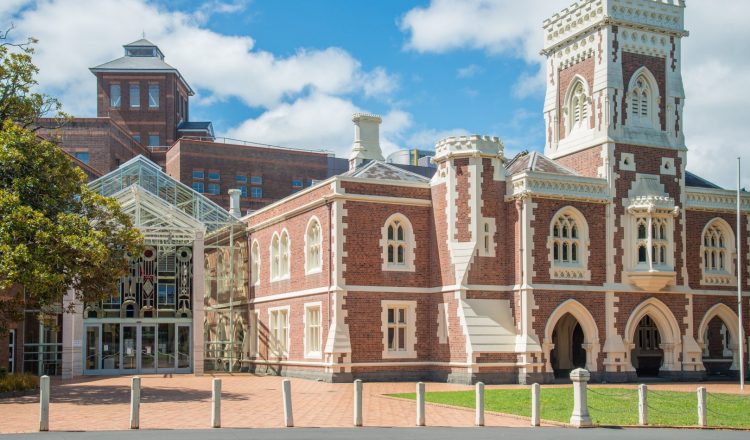Human Rights
The protection of human rights in New Zealand is something very important to the country and its leadership. The task of New Zealand to create a fair and equal society with opportunity and rights for all hasn’t been an easy one, but after an initial conflict, the future of New Zealand looks to be one of the fairest and most equal in the world. The importance of human rights in New Zealand isn’t a new direction for the country, as it was the first self-governing state to grant universal suffrage, the right to vote for all adult citizens regardless of racial background or sex.
Other nations have repeatedly praised new Zealand for its views on fairness and equality. However, the country is still looking to take further steps to reduce inequality and discrimination, especially toward Maori and Asian communities.
The Human Rights Act
The Human Rights Act protects the rights of New Zealanders. This law exists to ensure that people cannot be discriminated against or refused opportunities based on age, sex, colour, race, ethnicity, disability, political opinion or employment status, among others. Nobody can deny people access to government services, education, employment or housing based on these factors either.
New Zealand also includes children’s rights within the Human Rights Act to protect them from specific rights violations. Along with children’s rights, New Zealand also promotes relationship rights in a bid to reduce and protect people from family violence.
The New Zealand Human Rights Commission are the body of individuals that investigate potential human rights breaches. This commission ensures the diversity and dignity of the people of New Zealand and around the world are protected, that they remain, free, fair and safe. The human rights commission can be contacted by phone, email or letter and have an interpreter service for those whose first language is not English.

















































